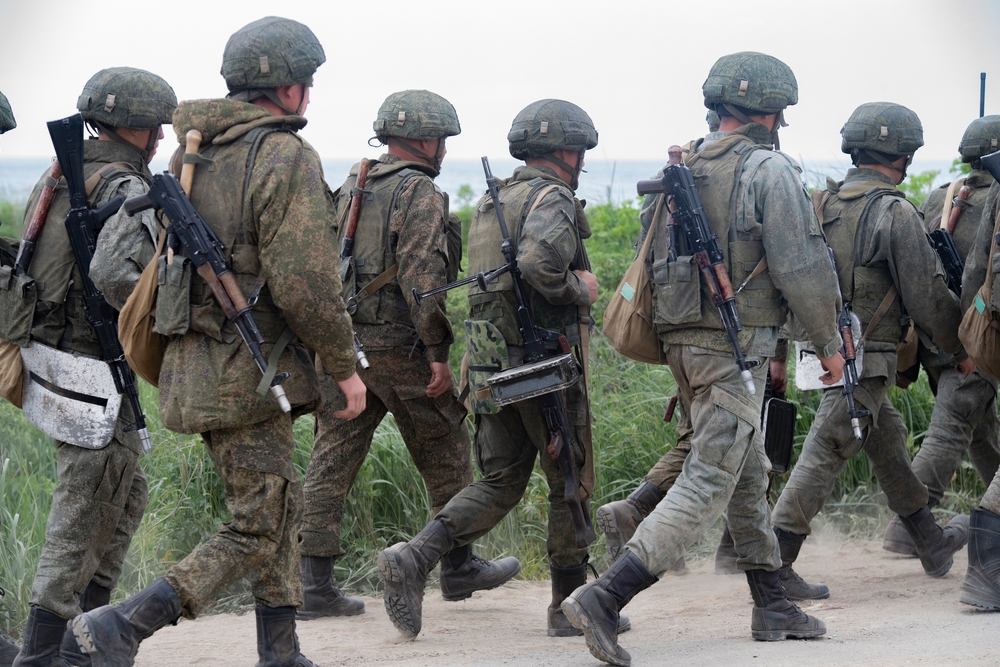They failed to take adequate measures to prevent it.
Others are reading now
Recent reports reveal that Russian officials had anticipated a potential Ukrainian incursion into the Kursk region for months but failed to take adequate measures to prevent it.
Not Verified
According to Hotnews documents seized by Ukrainian forces from abandoned Russian units, the Russian military had been aware of the risk and was planning defensive strategies.
The leaked documents suggest that concerns regarding the morale of Russian troops in Kursk were escalating.
This anxiety intensified following the suicide of a soldier reportedly suffering from severe depression related to military service.
Also read
Although the authenticity of the documents has not been independently verified, they appear to contain legitimate communications from the Russian military.
Warned of Ukrainian Incursion
The documents include various communications, such as printed orders and handwritten logs, primarily from the 488th Motorized Rifle Regiment.
Notably, warnings about a possible Ukrainian incursion began months prior to the actual event, with one report from January highlighting the potential for armed groups to cross into Russian territory.
By February, Russian commanders were cautioned about a “rapid incursion” planned from the Sumy region into Russian territory. As the situation unfolded, Ukrainian forces successfully occupied the town of Sudja, which had previously been under Russian control.
The aftermath of the incursion revealed significant issues within the Russian ranks, with many soldiers abandoning their posts. Some documents indicate that Russian units were operating at only 60-70% capacity and primarily consisted of poorly trained reservists.
The leaked materials also shed light on low morale among troops, with reports citing increasing incidents of suicides and psychological distress. Russian commanders were instructed to identify and support soldiers exhibiting mental health issues.


